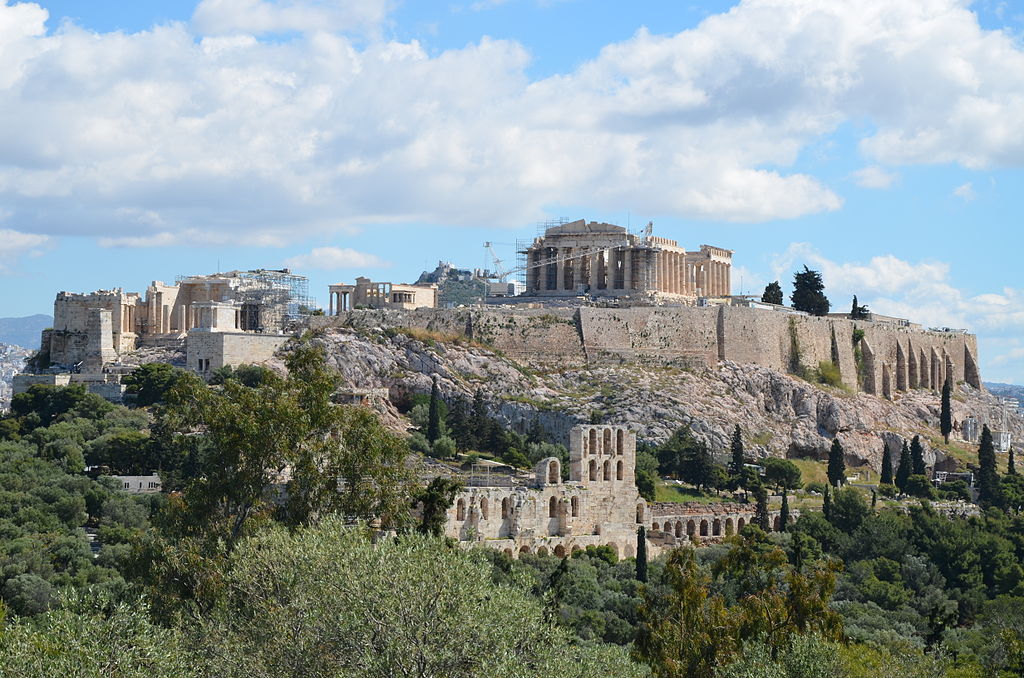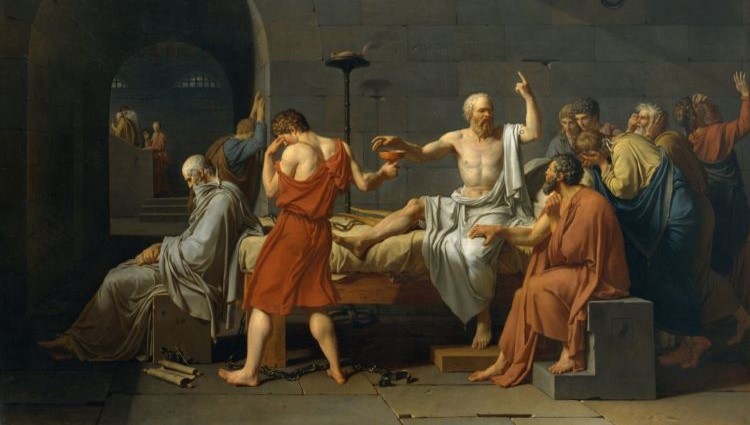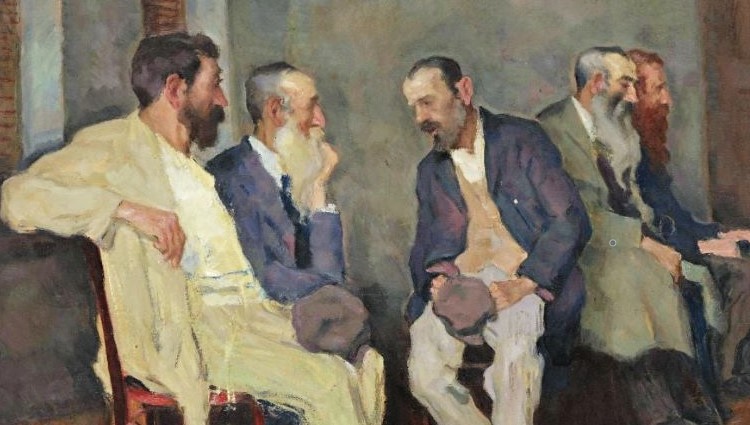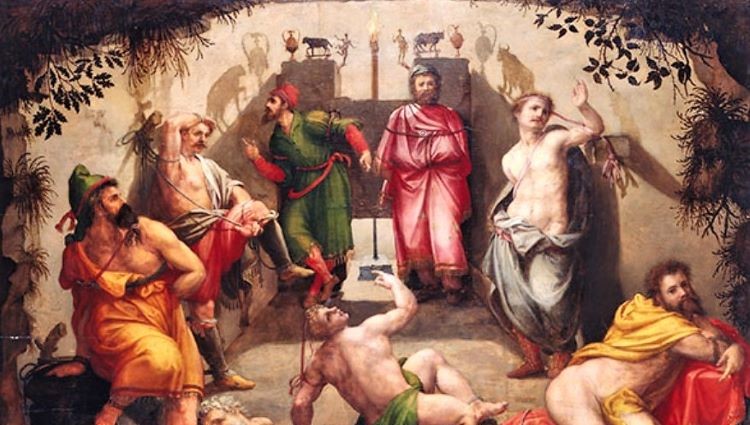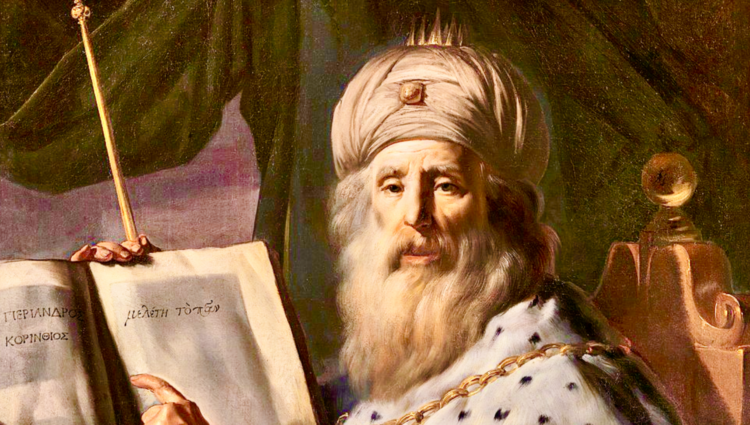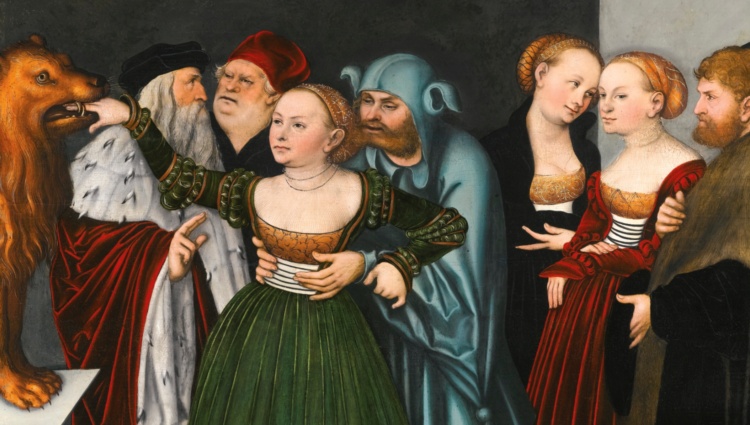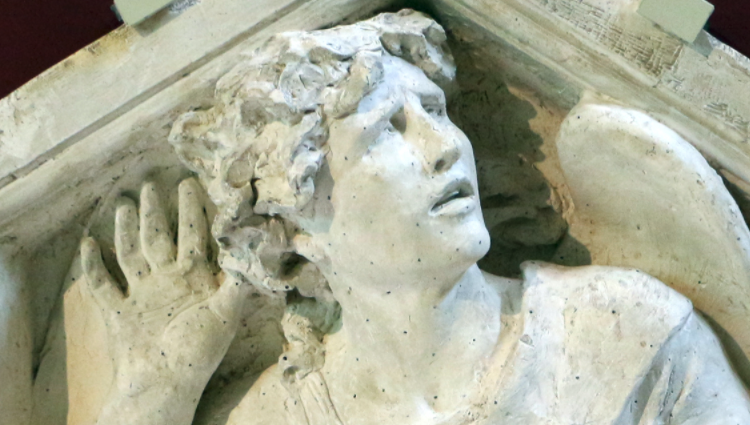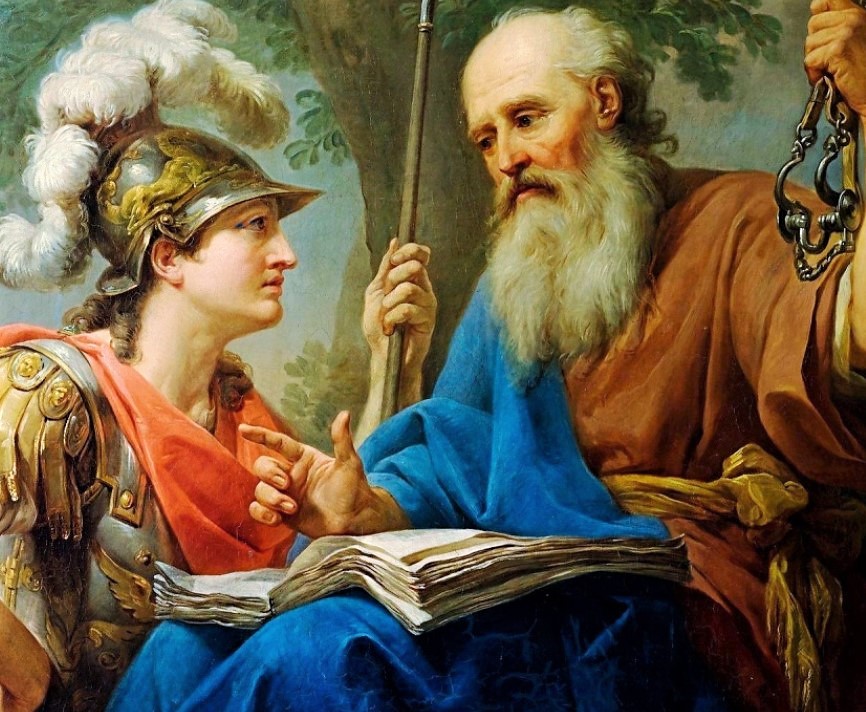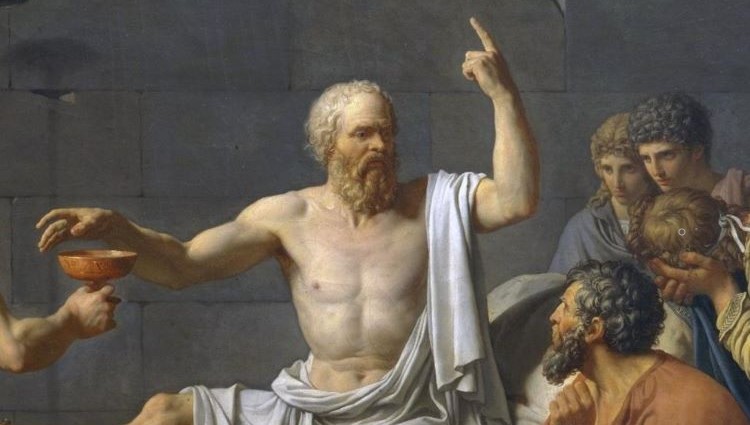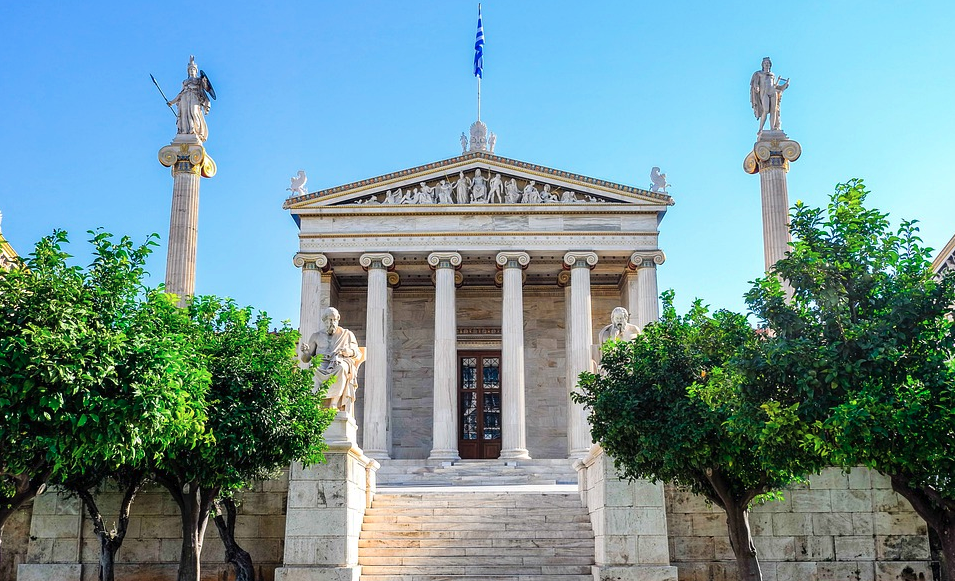Cosmopolitanism and the Hellenistic World
The desire to belong to something greater than one’s self is simply human, transcending time, place, and space. It’s as natural as our need to breathe. In this sense, Aristotle put it correctly when he noted that man is meant to live in community… When the polis of classical Greece collapsed brutally in the final [...]

